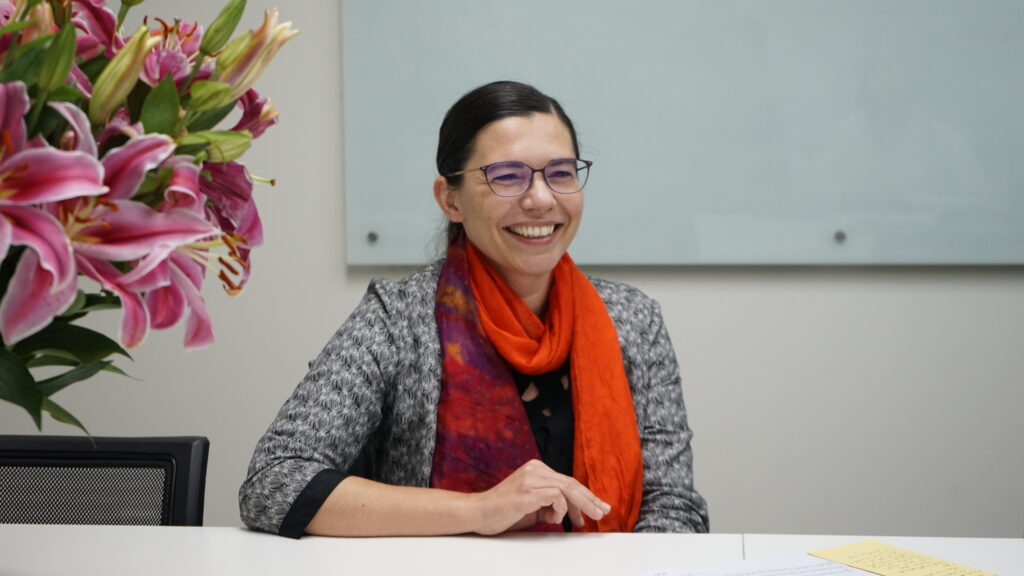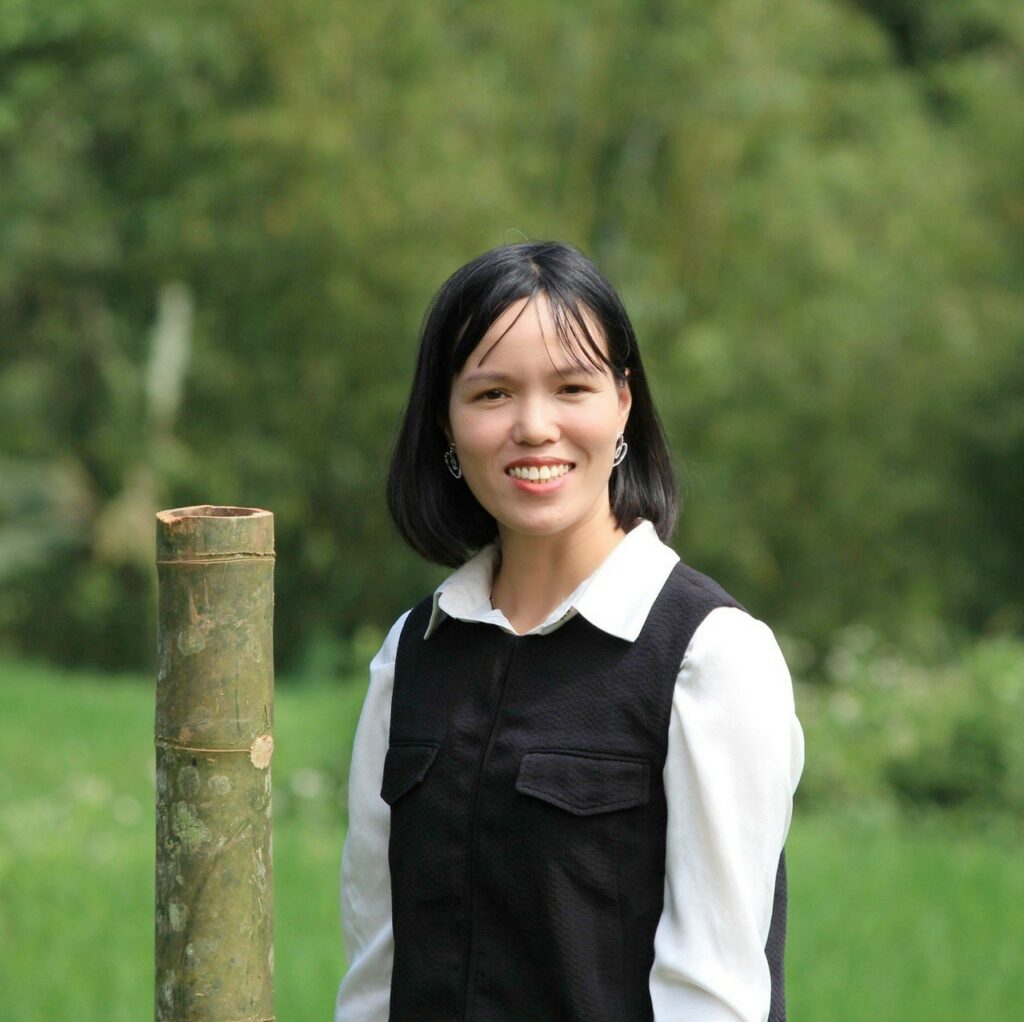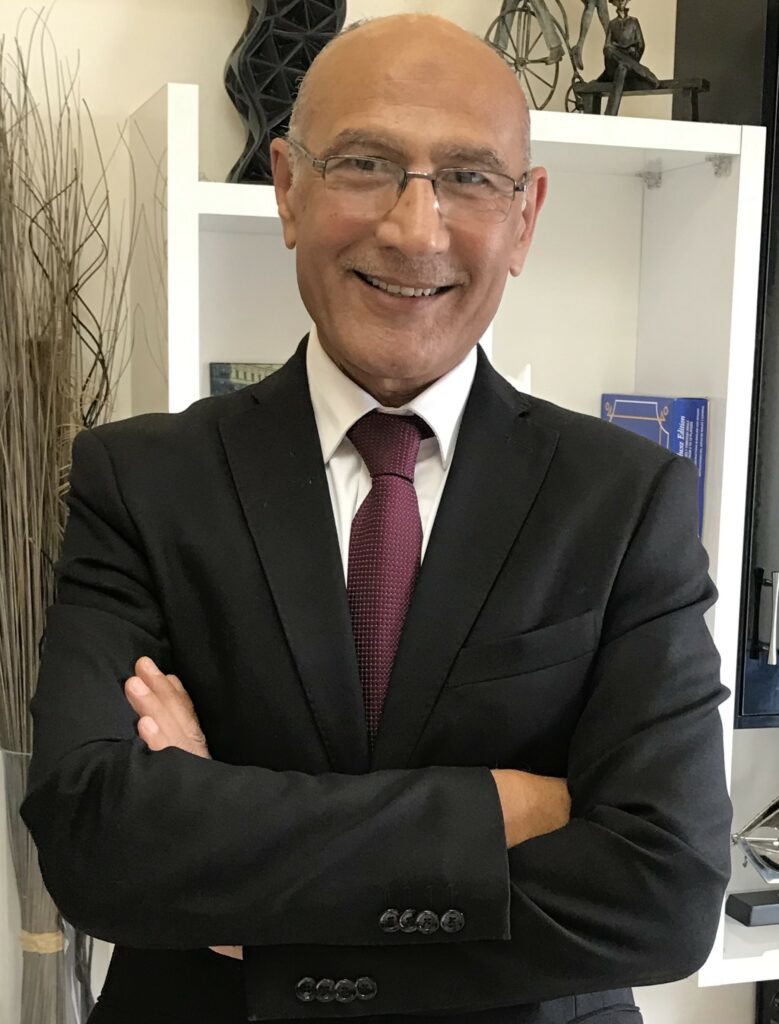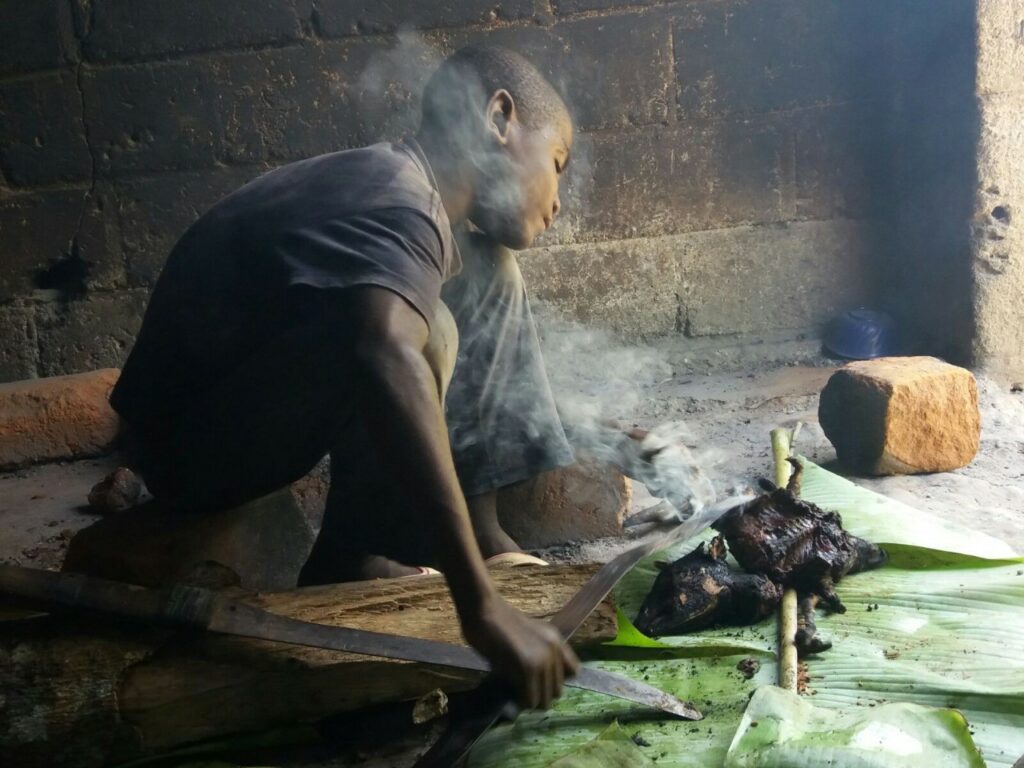GIZ’s global project supporting the International Alliance against Health Risks in Wildlife Trade comprises work with government partners in Viet Nam under the umbrella of “Reducing Health Risks in the Wild Animal Trade in Viet Nam”. The results of this two-year cooperation include inputs to numerous policy and technical recommendations to strengthen Viet Nam’s efforts to ensure biosecurity in the many facilities that are farming wild animals. Under the One Health approach, the project in Viet Nam applied a threefold approach to strengthen the management of commercial wildlife farming activities towards reducing risks, prevent zoonotic transmission and spillover from wild animals to humans. This includes (1) applied research, (2) policy review and (3) multi-stakeholder policy advocacy. Insights from applied research informed the policy review and vice versa. Results of both were widely shared through various inter-sectoral multi-stakeholder platforms. The recommendations resulting from the multi-stakeholder consultations put a particular focus on acting up to new responsibilities that require the cooperation of relevant government departments, local stakeholders, farmers and international partners. The approach and its results will be presented and the discussed during the webinar 8 May 2024. The webinar also provides an opportunity to exchange on how the results can continue to be used by the partners in Viet Nam and elsewhere to underpin upcoming work and to foster chosen approaches.
Anja Barth and Nhung Nguyen
Wednesday, May 8th, 10:00 – 11:15 CEST
Click here to join the Meeting
About the Speakers
Anja Barth
Anja Barth is a chief technical advisor with the Deutsche Gesellschaft für Internationale Zusammenarbeit (GIZ) GmbH. She currently manages several projects on forestry and biodiversity conservation in Viet Nam. Her portfolio also includes the Viet Nam country package on “Reducing Health Risks in the Wild Animal Trade in Viet Nam”. Jointly with the key partners of the Pandemic Prevention Task Force in Viet Nam, GIZ has used the opportunities provided by applied research, policy review and multi-stakeholder policy advocacy to enhance dialogue and action on reducing zoonotic risks in wildlife farming in Viet Nam. GIZ’s close collaboration with Vietnamese government partners and the long-standing experiences in using a multi-level approach for enhancing policies and actively engaging in stakeholder coordination was instrumental in achieving the project’s objectives.

Nhung Nguyen
Nhung Nguyenhas been working on the wildlife conservation and trade in Viet Nam for the past 10 years in the Nature and Biodiversity Conservation Agency under the Ministry of Natural Resources and Environment as a project manager/coordinator. She has extensive knowledge and experiences working with policy makers and wildlife practitioners, contributing to the amendment of key legal documents on wildlife conservation and management. She started working the Deutsche Gesellschaft für Internationale Zusammenarbeit (GIZ) GmbH since March 2023 as a Project Officer in Biodiversity and Forest Unit. Joining the Viet Nam Country Package – Reducing Health Risks in the Wild Animal Trade in Viet Nam, she brought her knowledge and experiences in wildlife conservation and management policy and practice to addressing health risks posed from wildlife farming via the One Health approach.

About the Alliance
The International Alliance against Health Risks in Wildlife Trade serves as an inclusive and interdisciplinary platform to discuss challenges and formulate solutions vis-á-vis human-wildlife interfaces and associated health risks and the emergence and spread of zoonotic pathogens from wildlife. The Alliance is aiming to enhance international and national awareness, knowledge, policies and action, not least by narrowing the gap between science and implementation.
We are delighted to host this event and are enthusiastic to have a broad exchange within the Alliance community. Please feel free to forward and share this invitation with interested colleagues.



